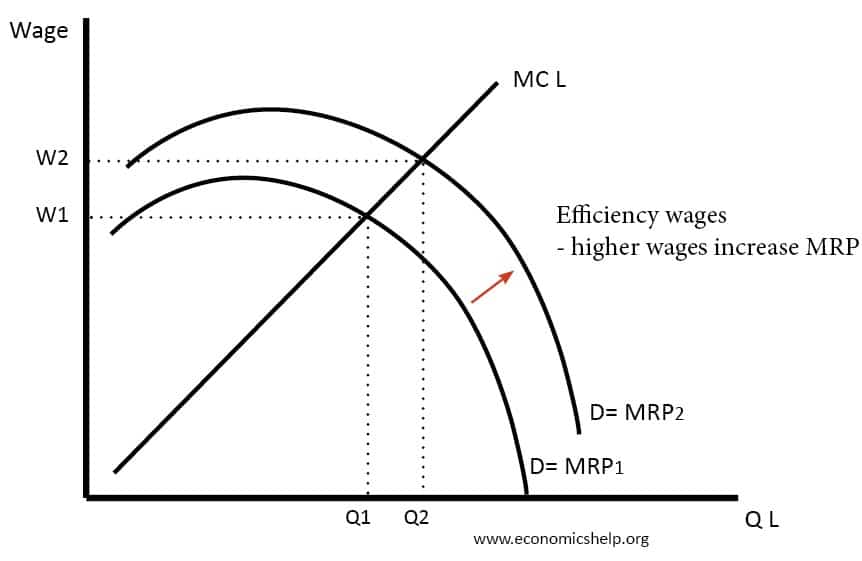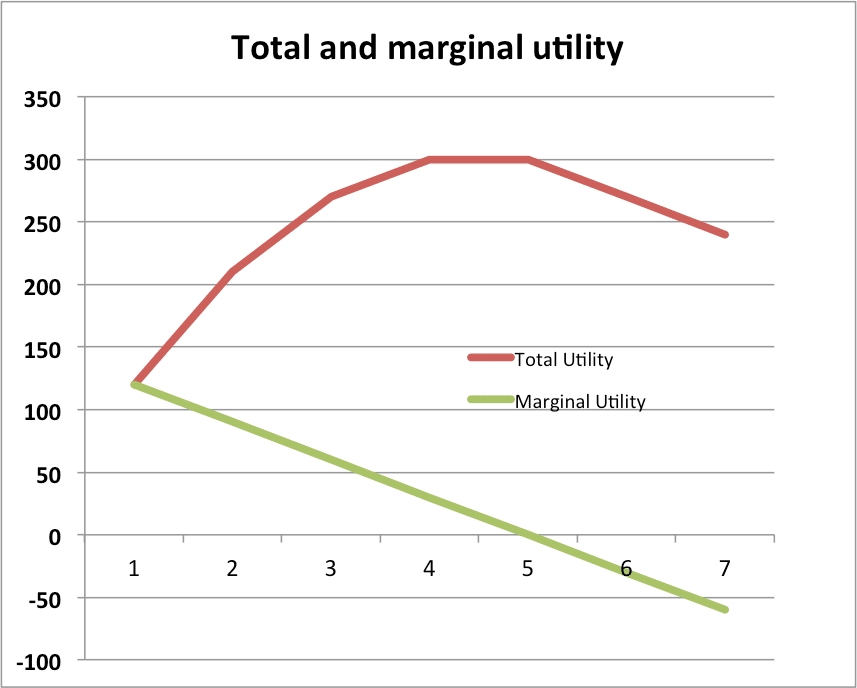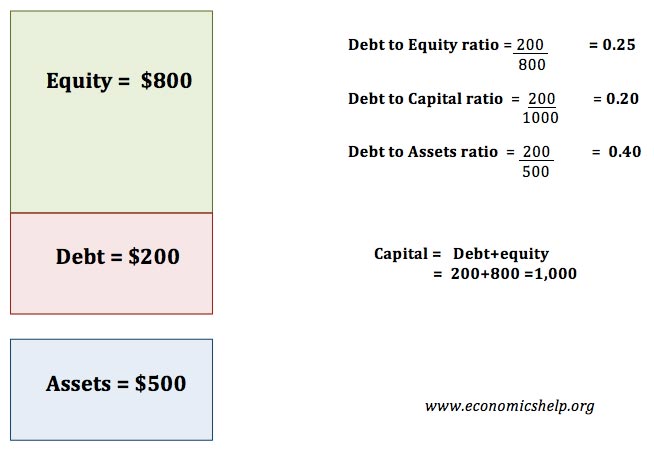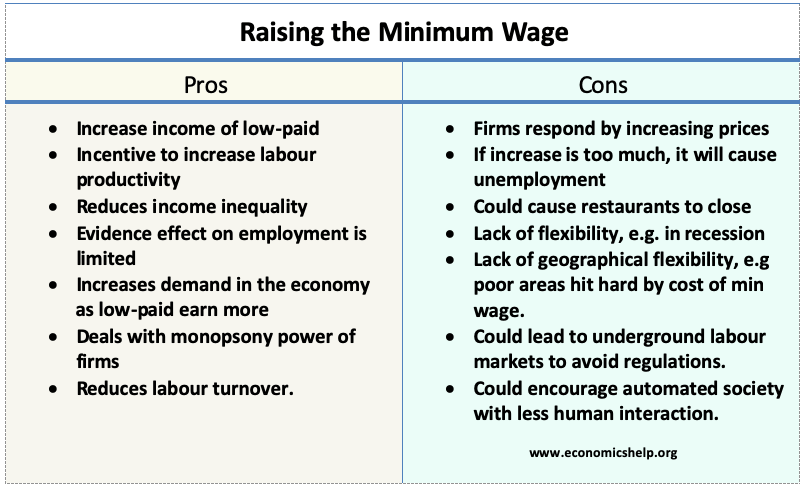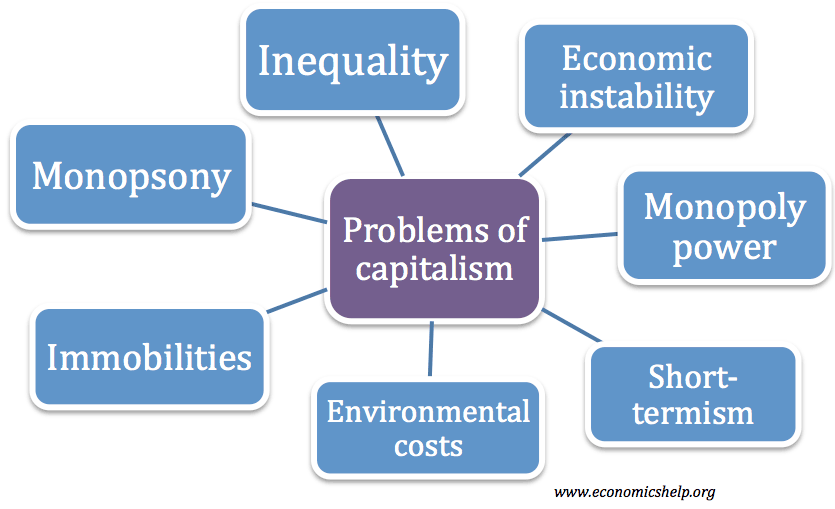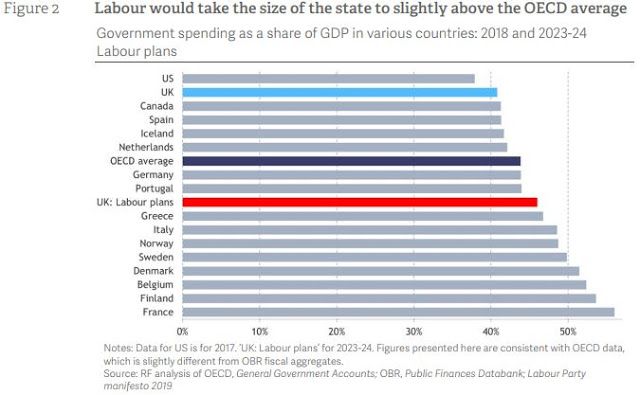Efficiency Wage Theory
Definition of Efficiency Wage Theory / Hypothesis The idea of the efficiency wage theory is that increasing wages can lead to increased labour productivity because workers feel more motivated to work with higher pay. Therefore if firms increase wages – some or all of the higher wage costs will be recouped through increased staff retention …

